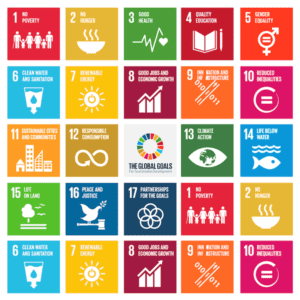 South Africa is ranked among the top 25 chemical supplying countries in the world, with the sector contributing approximately 5% to the country’s gross domestic product, 25% to manufacturing output and employing over 200 000 people.
South Africa is ranked among the top 25 chemical supplying countries in the world, with the sector contributing approximately 5% to the country’s gross domestic product, 25% to manufacturing output and employing over 200 000 people.
- Management Commitment
- Health and Safety
- Storage, Distribution and Transport
- Pollution Prevention and Resource Efficiency
- Emergency Response
- Community Interaction
- Product Stewardship
- Process Safety
Business and sustainable development
Key to the achievement of sustainability is the responsibility of the executive to these goals and this is covered by the MPS Management Commitment. CAIA considers this an overarching goal, as the commitment of management to sustainable development is the most important element to consider. The decisions taken by management will result in the most appropriate actions being taken by the company. Management commits to the Responsible Care® initiative; this requires the investment of financial and human resources to achieve the continuous improvement in safety, health and environmental performance, which can include research, development and innovation.SDGs achieved
The implementation of Management Commitment assists in fulfilling the following Sustainable Development Goals:- No poverty
- Zero hunger
- Good health and well-being
- Quality education
- Gender equality
- Decent work and economic growth
- Industry, innovation and infrastructure
- Reduced inequalities
- Peace, justice and strong institutions
- Partnerships for the goals
Management Commitment
The objective of this standard is to provide guidance to member companies, for their business units or sites that commit to Responsible Care®, as well as in terms of their responsibilities for crosscutting elements of the initiative. Due to the major implications and responsibility associated with the management team of a company, the MPS for Management is very specific and sets out the following requirements:- Leadership and commitment
- Policy
- Management review
- Legislative requirements
- Organisational responsibility
- Personnel
- Communication






